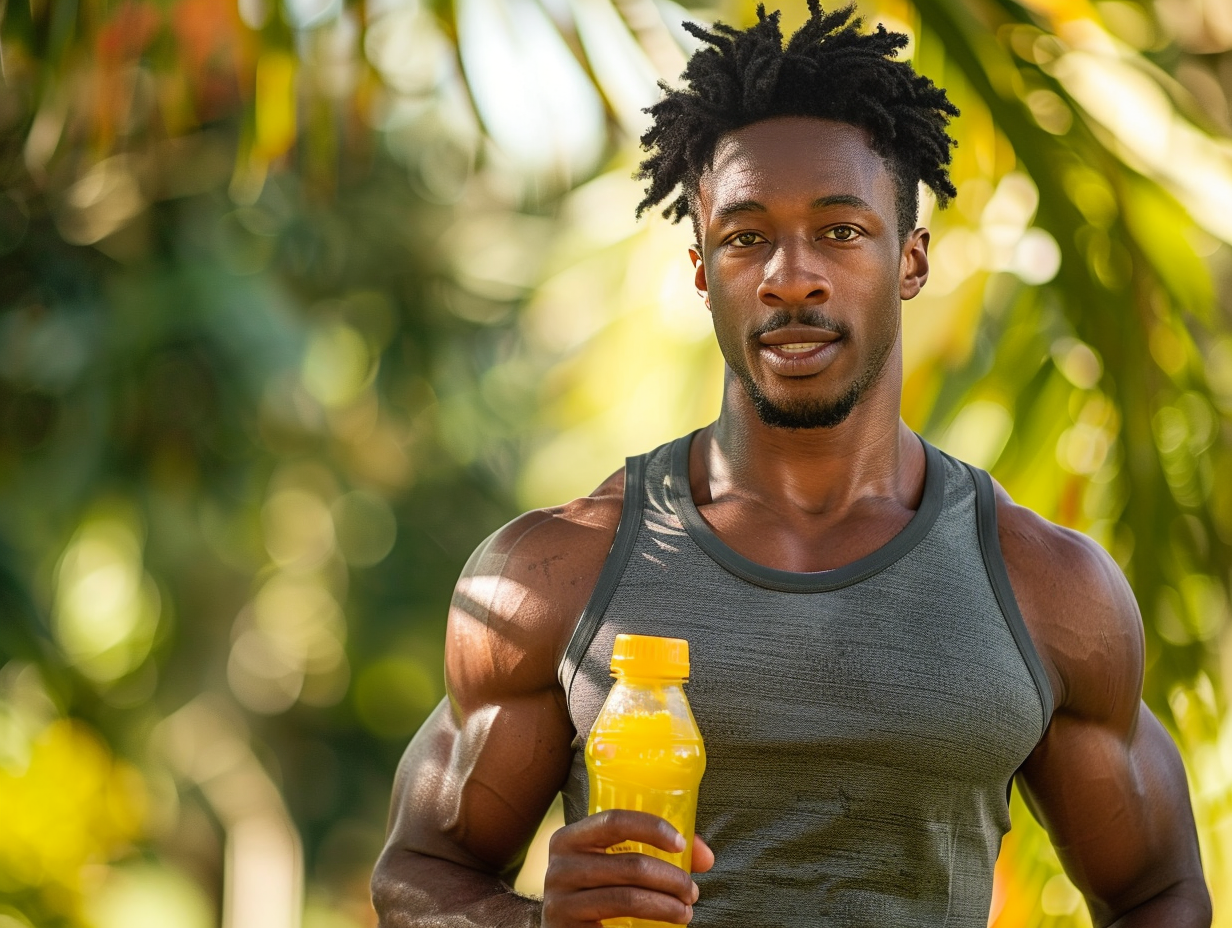Intense exercise can take a toll on your body, depleting it of essential fluids and electrolytes. While there are many hydration options available, pickle juice has emerged as an unlikely but effective choice for replenishing lost nutrients and ensuring optimal recovery. In this article, we will explore why pickle juice is great for hydration after intense exercise, its benefits, and how it compares to other hydration methods.
The science behind pickle juice
Pickle juice, the liquid brine from pickles, is packed with essential electrolytes, including sodium, potassium, and magnesium. These electrolytes are crucial for maintaining fluid balance, muscle function, and overall hydration. During intense exercise, your body sweats out these electrolytes, leading to potential imbalances that can cause muscle cramps, fatigue, and dehydration.
Key components of pickle juice:
- Sodium: Helps retain water and maintain blood pressure.
- Potassium: Essential for muscle function and preventing cramps.
- Magnesium: Supports muscle and nerve function.
Hydration benefits of pickle juice
- Rapid rehydration: The high sodium content in pickle juice aids in rapid rehydration. Sodium helps the body retain water, making pickle juice an effective solution for quickly restoring hydration levels after intense exercise.
- Electrolyte replacement: Unlike plain water, which only replaces lost fluids, pickle juice replenishes both fluids and electrolytes. This dual action is crucial for preventing dehydration and maintaining muscle function during and after workouts.
- Prevention of muscle cramps: Muscle cramps are a common issue for athletes and fitness enthusiasts. The combination of sodium and potassium in pickle juice helps prevent and alleviate cramps by supporting proper muscle function and reducing the likelihood of electrolyte imbalances.
- Acid-alkaline balance: The vinegar in pickle juice helps balance the body’s pH levels. This balance is essential for overall health and can aid in reducing muscle soreness and inflammation after strenuous exercise.
Comparing pickle juice to other hydration methods
While sports drinks and plain water are popular choices for hydration, pickle juice offers unique advantages:
- Sports drinks vs. pickle juice: Sports drinks contain electrolytes but often include added sugars and artificial ingredients. Pickle juice provides a more natural and effective way to replace electrolytes without the added calories and artificial substances.
- Water vs. pickle juice: Plain water is excellent for hydration but lacks the electrolytes needed to fully replenish what is lost during intense exercise. Pickle juice, with its high electrolyte content, offers a more comprehensive hydration solution.
How to incorporate pickle juice into your routine
Incorporating pickle juice into your post-exercise routine can be simple and effective. Here are some tips to get started:
- Pre-exercise preparation: Consider drinking a small amount of pickle juice before your workout to boost your electrolyte levels and prevent cramps.
- Post-exercise hydration: After your workout, drink pickle juice to quickly replenish lost electrolytes and fluids. A few ounces are typically sufficient.
- During exercise: For long-duration or high-intensity workouts, sip pickle juice intermittently to maintain hydration and electrolyte balance.
Potential drawbacks and considerations
While pickle juice is beneficial for hydration, it’s essential to consider potential drawbacks:
- High sodium content: The high sodium content can be a concern for individuals with high blood pressure or those on a low-sodium diet. Moderation is key.
- Taste: The strong, salty taste of pickle juice may not be appealing to everyone. However, many athletes find the benefits outweigh the taste.
- Stomach sensitivity: Some individuals may experience stomach discomfort or acid reflux from the vinegar in pickle juice. It’s best to start with small amounts to gauge your tolerance.
Pickle juice has proven to be a powerful tool for hydration after intense exercise, offering rapid rehydration, electrolyte replacement, and muscle cramp prevention. Its natural composition makes it a healthier alternative to sugary sports drinks. While it may not be suitable for everyone, incorporating pickle juice into your fitness routine can provide significant benefits for recovery and overall performance.
By understanding the science behind pickle juice and its advantages, you can make informed decisions about your hydration strategy and optimize your post-exercise recovery. So, next time you finish a grueling workout, consider reaching for a jar of pickle juice to keep your body hydrated and your muscles functioning at their best.
This story was created using AI technology.





